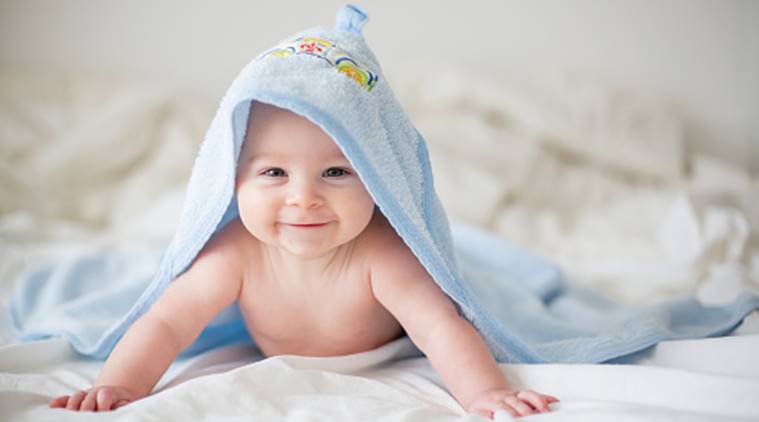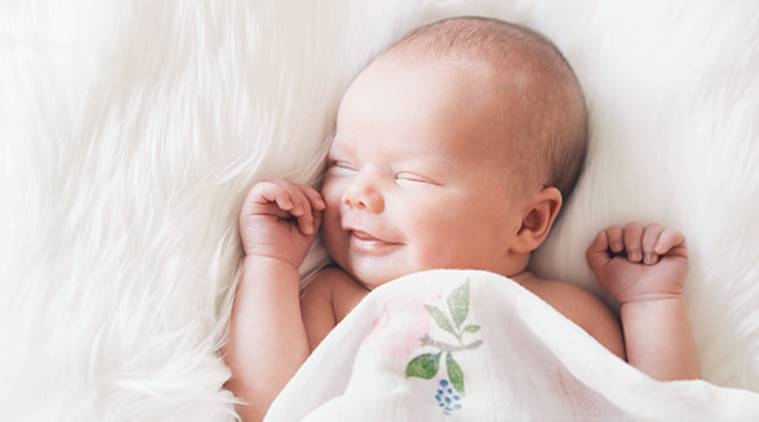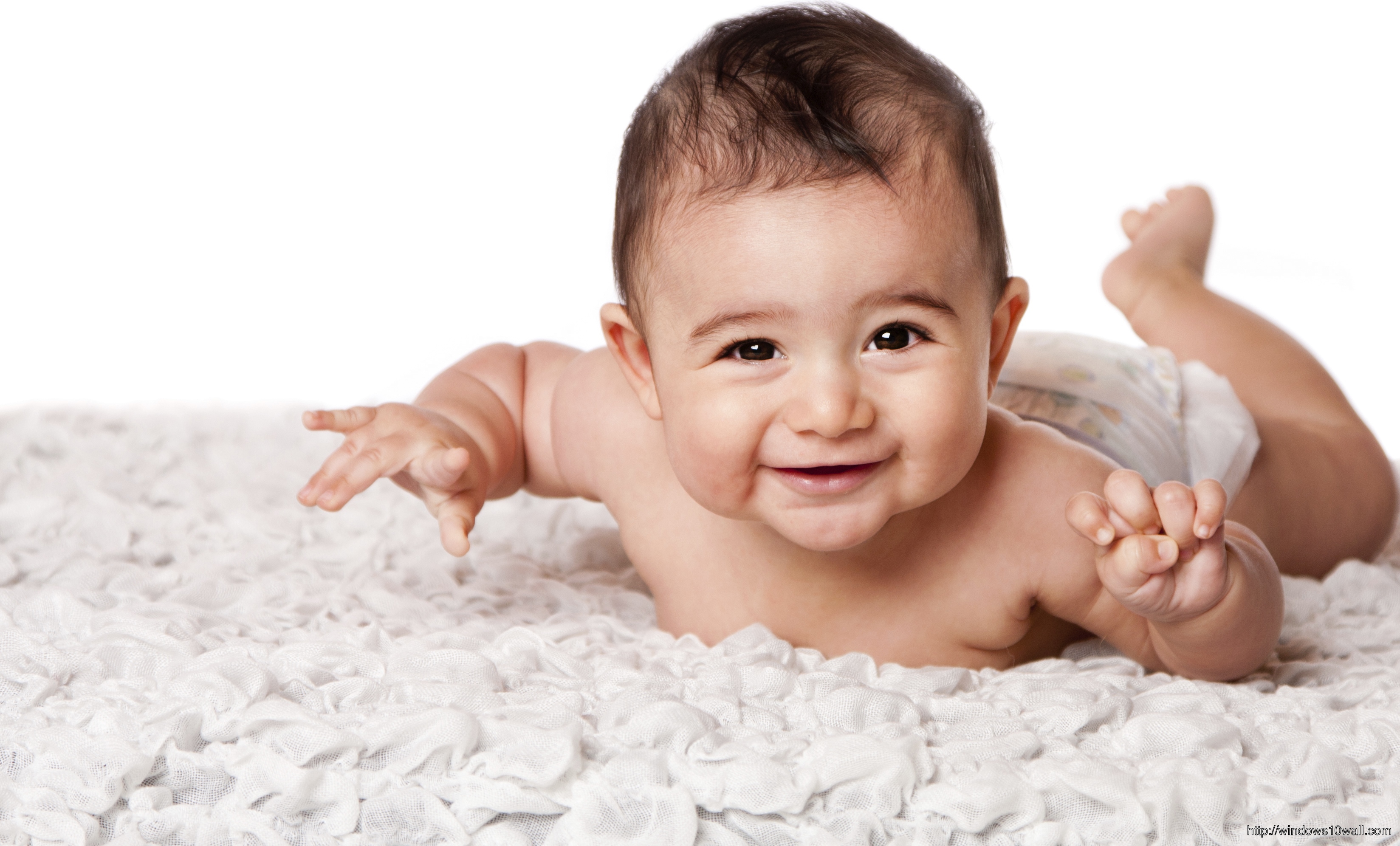When Does A Baby Smile -
The Joyful Moment: Baby's First Smile
The science behind it
It's no secret that babies are just adorable, but what makes them even more charming is their smile. As a parent or a soon-to-be parent, one of the most anticipated moments is when your baby smiles for the first time. But when does a baby smile for the first time? And why does it happen? Let's find out!
When Does a Baby Smile for the First Time?
Typical Timeline and Factors that Influence It
There's no exact date when it comes to a baby's first smile. However, studies have shown that newborns start smiling in response to stimuli such as their parents' voices, touch, and faces as early as two weeks old. By the time they reach six weeks, babies smile intentionally to communicate and interact with others. By three months, social smiling – smiling in response to another person – becomes more frequent and longer. So if your baby isn’t flashing those adorable toothless grins yet, don't worry. Every baby develops at their own pace, and it's likely just a matter of time.
Why Do Babies Smile?
The Psychology and Evolution Behind Baby Smiles
Baby smiles are more than just adorable moments to cherish. Psychologically, they indicate positive emotions and feelings of happiness and comfort. They also serve as an essential form of communication, allowing babies to express their needs and preferences. Evolution-wise, baby smiles are considered a survival tactic. By attracting adults with their smiles, babies increase their chances of attention, care, and ultimately, survival.
Tips and Ideas for Encouraging Baby's Smile
Simple Ways to Bring on the Baby Smiles
While every baby develops at their own pace, there are some things you can do to encourage your baby to smile more often.
1. Make Eye Contact

Babies love looking into their parent's eyes, and making eye contact with them helps develop the bond between the two of you. Try engaging your baby in a staring contest or singing to them while making eye contact to encourage more smiles.
2. Play Peek-a-Boo

Peek-a-Boo is a classic game that never gets old - and it's also a great way to encourage those toothless smiles. As you cover and uncover your face, watch your baby's reaction, and wait for those first smiles to appear.
3. Use High-pitched Voices
.jpg)
Babies are more likely to respond to high-pitched voices as they mimic the sound of baby talk. Use a high-pitched, animated voice to speak to your baby, sing songs, or read stories. And watch those gummy smiles appear.
4. Be Silly

Babies love being silly, and chances are they will be entertained by your facial expressions, noises, and funny antics. Making your little one giggle is one of the most joyous things you can do as a parent, and you'll love seeing those big, bright smiles.
5. Give Warm Baths

Warm baths are not only soothing for your baby but also a great opportunity for bonding and smiling. As you bathe your little one, sing, and interact with them in a happy and relaxed manner. Bathing time can quickly become one of your baby's favorite parts of the day.
How to Tell If Your Baby's Smile Is Genuine
Spotting the Fake Smiles from the Real
Baby smiles might seem simple and straightforward, yet, distinguishing between a genuine smile and a fake one can be tricky. Here are some cues to look for:
- Eye Contact: Genuine baby smiles are accompanied by eye contact. If your baby's eyes are not engaged or paying attention to you, it's a sign that the smile might be insincere.
- Different Facial Muscles: While fake smiles usually involve only the mouth and lips, genuine smiles involve other facial muscles such as the cheeks and eyes.
- The Duration of the Smile: Genuine baby smiles last longer and are more consistent, while fake ones are shorter and usually fade out quickly.
- The Situation: Babies usually smile for a reason, whether it is to express happiness, comfort, or play. If the smile seems out of place, it might be a fake one.
Final Thoughts
Cherish Every Smile
Watching your baby's first genuine smile is one of the most heartwarming and rewarding moments of parenting. However, there's no need to stress if your baby takes longer time to show his or her smile. With patience, love, and interaction, your baby will eventually flash those adorable toothless grins, and they will become even more frequent as they grow older. Cherish every smile and laughter and know that they are a sign of love and happiness.
View more articles about When Does A Baby Smile